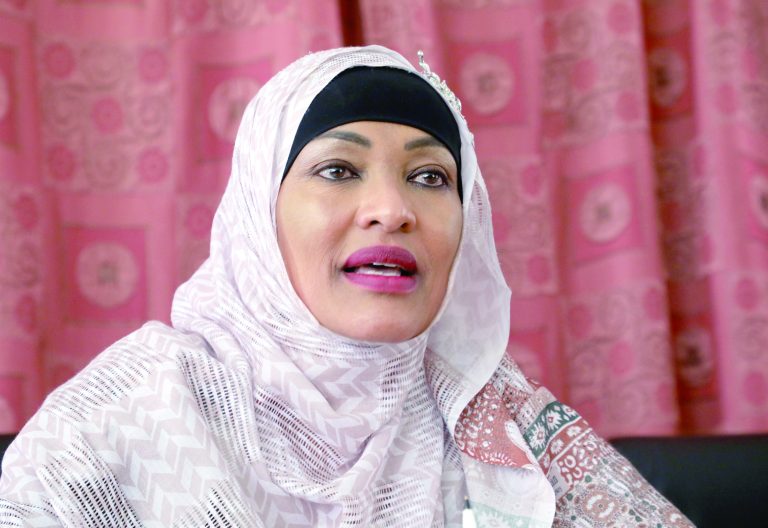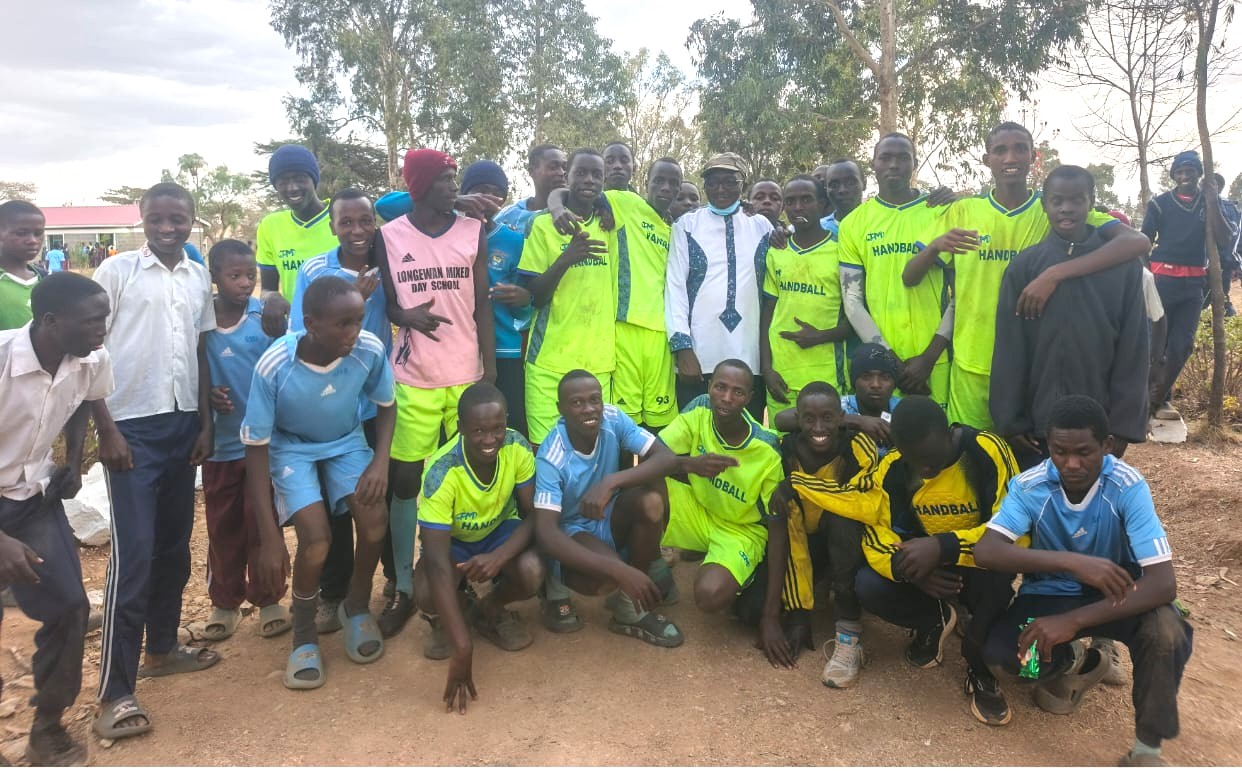The National Gender and Equality Commission (NGEC) has joined the rest of the continent in commemorating the Day of the African Child 2025, calling on all stakeholders to prioritize child-sensitive planning and budgeting as a national imperative.
Observed annually on June 16, the Day of the African Child serves as a poignant reminder of the continent’s ongoing journey toward protecting and advancing the rights of its youngest citizens.
This year’s theme, ‘Planning and Budgeting for Children’s Rights: Progress Since 2010,’ places the spotlight on the critical role of public finance in improving the lives of children. The Commission emphasised that meaningful progress can only be achieved if governments place children at the heart of their policies, plans, and resource allocation.
ALSO READ:
South Rift parents urged to lead fight against GBV by educating their children against the vice
“Recognition of child-focused budgeting has significantly increased both globally and within Africa over the past decade,” said NGEC Chairperson Rehema Jaldesa in a statement. “International frameworks like the UN Convention on the Rights of the Child, the Sustainable Development Goals, and the African Charter on the Rights and Welfare of the Child all compel states to invest deliberately in children’s well-being.”
Jaldesa noted that several African countries have already made important strides in institutionalizing child-sensitive budgeting and tracking expenditures that impact children’s lives.
“These efforts present a compelling case for what is possible when political will meets deliberate investment in children,” she added.
In Kenya, a number of key milestones were recognized by the Commission. Article 53 of the Constitution guarantees children the rights to survival, protection, development, and participation, while the Children Act, 2022 introduced transformative provisions such as the establishment of the Child Welfare Fund and the devolution of child care responsibilities to counties.
ALSO READ:
Stakeholders call for stronger action to protect African children amid ongoing abuses and crises
The Fourth Medium Term Plan of Vision 2030 has further entrenched children’s rights in the country’s development agenda.
Moreover, Kenya implemented the National Plan of Action for Children between 2015 and 2022, aiming to coordinate sectoral efforts. In 2022, the government launched the National Care Reform Strategy to shift from institutional to family- and community-based child care systems. These reforms have been complemented by notable improvements in education and health outcomes. For instance, primary school enrolment has consistently stayed above 90%, and under-five mortality rates have dropped from 73 to 43 per 1,000 live births between 2010 and 2022.
Cash transfer programs such as the CT-OVC (Cash Transfer for Orphans and Vulnerable Children) were also cited as key examples of direct investments that support the most vulnerable children.
However, the Commission cautioned that challenges persist, threatening to reverse the gains made.
“A significant number of children continue to live below the poverty line, with those in arid and semi-arid regions, informal urban settlements, and marginalized communities being the most affected,” the Chairperson warned. “Children with disabilities, those living on the streets, and those in conflict with the law face systemic exclusion. Worse still, county-level child protection systems remain underfunded and overburdened.”
ALSO READ:
Onjiko Boys win Nyando schools football title after Katolo appeal forces replay
The Commission also flagged the slow operationalization of the Children Act, 2022, and a lack of comprehensive data and monitoring tools as obstacles to effective planning.
In marking this year’s Day of the African Child, the Commission issued a series of strong recommendations to the government and stakeholders, including full implementation of the Children Act, institutionalization of child-responsive budgeting at all levels, and targeted training for policymakers and civil society actors to better advocate for child-centred planning.
It also called for special attention to the most vulnerable populations, including children with disabilities and those in extreme poverty, while urging that children’s voices be heard and incorporated into public decision-making processes.
“Kenya must now scale up investments in child protection systems—especially in areas like psychosocial support, family-based care, and the prevention of abuse,” Jaldesa said. “We believe that transparency, inclusion, and accountability must be cornerstones of any meaningful effort to realize children’s rights.”
“A country that neglects its children neglects its future,” concluded the NGEC chairperson.
By Cornelius Korir
You can also follow our social media pages on Twitter: Education News KE and Facebook: Education News Newspaper for timely updates.
>>> Click here to stay up-to-date with trending regional stories
>>> Click here to read more informed opinions on the country’s education landscape






